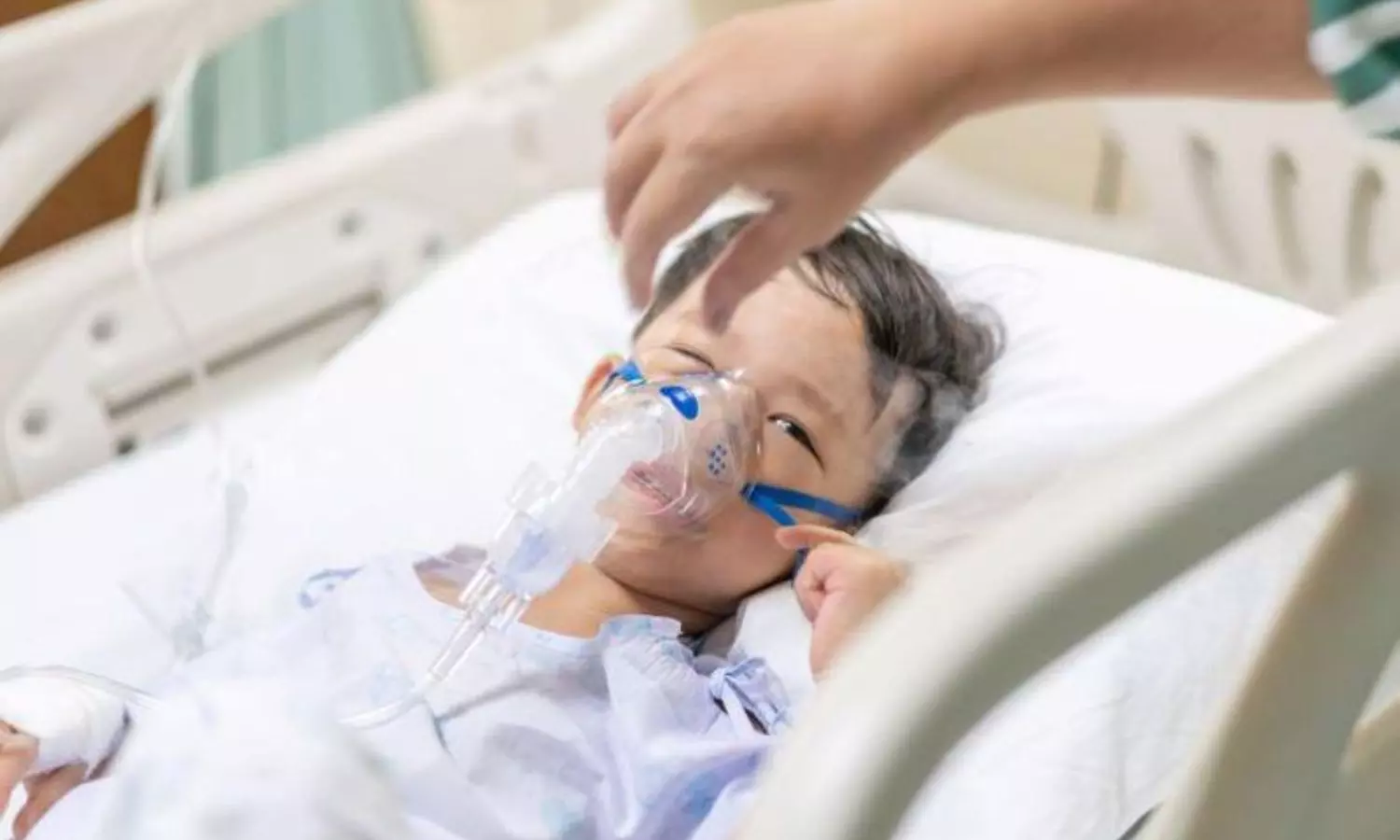Necrotising enterocolitis Significantly Increases Risk of Acute Kidney Injury in Preterm Infants, reveals research
- byDoctor News Daily Team
- 17 October, 2025
- 0 Comments
- 0 Mins

Researchers have found in a new study that necrotising enterocolitis (NEC) particularly raises the preterm infant's risk of developing acute kidney injury (AKI) considerably, and hence there is a need for monitoring kidney function in early stages among this at-risk group. NEC is among the most critical gastrointestinal emergencies in neonates and is still one of the top causes of morbidity and mortality among premature infants. The study was published in theEuropean Journal of Pediatricsby Dermot W. and colleagues. The study was done as a retrospective 1:2 case–control study in a tertiary NICU from October 2018 to October 2023. The study involved 149 preterm infants, of which 49 were diagnosed with NEC and 100 were matched controls. The matching was done according to birth weight, gestational age, and gender to reduce confounding variables. AKI was determined according to modified neonatal KDIGO criteria, taking into account both urine output and serum creatinine levels to provide diagnostic accuracy. Total infants: 149 (49 NEC, 100 controls) Overall AKI incidence: 16.8% (25 infants) AKI in NEC group: 30.6% AKI in control group: 10% Adjusted odds ratio for AKI with NEC: 3.6 (95% CI 1.3–10.2, p = 0.0129) Median time to AKI onset: 2 days after NEC diagnosis Mortality in NEC with AKI: 60% Mortality in NEC without AKI: 20.6% Association between Bell stage and AKI: Not significant The present study presents strong evidence that necrotising enterocolitis increases significantly the risk of acute kidney injury among preterm infants, regardless of birth weight, gestational age, or drug use. As AKI occurrence almost tripled in NEC patients and related mortality up to 60%, the inclusion of early kidney surveillance in NEC management protocols is warranted.
Disclaimer: This website is designed for healthcare professionals and serves solely for informational purposes.
The content provided should not be interpreted as medical advice, diagnosis, treatment recommendations, prescriptions, or endorsements of specific medical practices. It is not a replacement for professional medical consultation or the expertise of a licensed healthcare provider.
Given the ever-evolving nature of medical science, we strive to keep our information accurate and up to date. However, we do not guarantee the completeness or accuracy of the content.
If you come across any inconsistencies, please reach out to us at
admin@doctornewsdaily.com.
We do not support or endorse medical opinions, treatments, or recommendations that contradict the advice of qualified healthcare professionals.
By using this website, you agree to our
Terms of Use,
Privacy Policy, and
Advertisement Policy.
For further details, please review our
Full Disclaimer.
Recent News
Can Taking 4,000 Steps Just Once a Week Lower the...
- 24 October, 2025
Cochrane Review Supports Immediate Skin-to-Skin Co...
- 24 October, 2025
Soft Drink Consumption May Trigger Depression - He...
- 24 October, 2025
GERD Linked to Higher Risk of Developing Alcohol U...
- 24 October, 2025
Daily Newsletter
Get all the top stories from Blogs to keep track.


0 Comments
Post a comment
No comments yet. Be the first to comment!